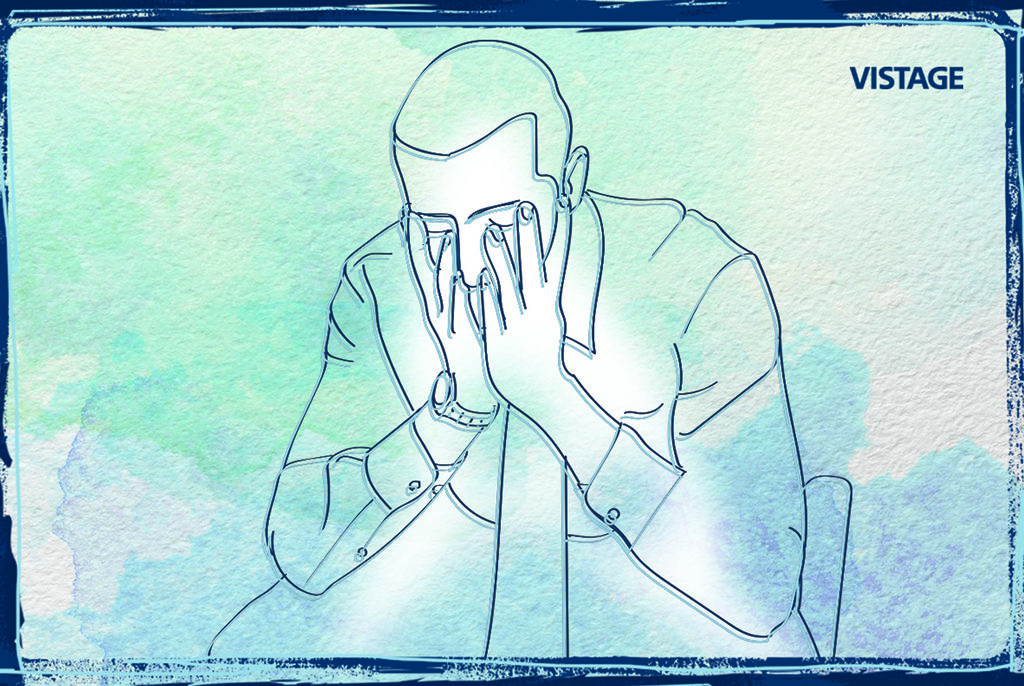Is Employee Fatigue the Greatest Problem We Face?

Safety Professionals do a fine job of determining the “root causes” or “contributing factors” of incidents in order to prevent the next accident. Executives might apply this analysis to employee performance issues.
 Of necessity, employers often analyze performance and attitude problems from the standpoint of ensuring that a termination is legally defensible. Let’s shift our focus and try to determine the contributing factors to employee performance or judgment issues, and start with an often-overlooked contributing factor … employee fatigue.
Of necessity, employers often analyze performance and attitude problems from the standpoint of ensuring that a termination is legally defensible. Let’s shift our focus and try to determine the contributing factors to employee performance or judgment issues, and start with an often-overlooked contributing factor … employee fatigue.
Dr. Christopher M. Barnes posted a provocatively titled May 31 blog post, Sleep-Deprived People Are More Likely to Cheat on the Harvard Business Review Blog Network. Barnes approached “bad behavior” from a physiological standpoint and explained that:
The workplace has many temptations that employees must resist, from the petty impulse to claim credit for someone else’s work, to the unscrupulous lapse of lying in a negotiation context, to the criminal act of misrepresenting financial numbers. Recent research indicates that self-control is a key determinant of whether or not people fall to or resist such temptations. When their ability to exert self-control is high, they can resist.
University of Kentucky Professor and DeWall Lab Director, Dr. C. Nathan DeWall, has lectured and written on self-control and “self-regulation depletion”.
To simplify some of his conclusions, he has documented how metabolic depletion (lack of energy) and sleep deprivation limits ones self-control. Dr. Barnes also cites various researchers who have established that:
“The act of using self-control draws upon this fuel, which exhausts the fuel. Thus, one’s ability to exert self-control can become depleted.”
Dr. Barnes has carried out research, including a focus on what could be termed “ethical behavior.” Even a limited number of occasions of not getting enough sleep can influence ethical decision-making.
So, it goes without saying that sleep deprivation also affects the judgment and reflexes often required to work safely. Simple statistical analysis demonstrates that a disproportionate number of workplace injuries and fatalities occur on the last day of the week, often toward the end of the shift. We casually comment that workers were tired or distracted because it was the end of the workweek. But what do we do about this observation?
Why don’t employees get enough rest? In my case, it is often pure macho arrogance. I ran in college and was a mixed martial arts fighter until I was 50. I dismissed concerns that a lack of sleep would catch up with me. I was wrong. One suspects that this “manly contempt” causes many men to ignore that common sense voice imploring them to get some sleep. And sadly, this behavior is not limited to men.
Other reasons include working multiple jobs or ignorance about the effect of even modest under-sleeping. Many of us also have convinced ourselves that we are virtuous for “sacrificing” ourselves in order to complete needed tasks or to serve others or our organization.
We cannot necessarily address employees having to work more than one job, or the harsh demands of our ever-changing society. However, we can educate our employees and encourage rest, and perhaps consider such needs in our staffing and strategic decisions. As a wise old coach once told me, “rest is training”.
And finally, employers must consider the relationship of fatigue to the increasing prevalence of clinical depression among workers. EHS Today has run numerous articles and blog posts on the extent to which depression harms productivity.
The costs to health insurance from stress and depression-related disorders, loss of productivity, and use of short- and long-term disability leave alone justify focus on this increasingly common workplace issue … and its correlation with fatigue and lack of sleep.
I am a former full contact fighter and marksmen from the Georgia hills, and if an unregenerate guy like me is sympathetic to employees wrestling with depression, it suggests that the problem is a legitimate health issue and should be treated accordingly.
Action Points to Address Employee Fatigue
1. Set a good example. Instead of telling younger workers to “suck it up because I had to work the same way,” I talk to younger workers about what my “bad decisions” have taught me. I explain that we have invested a great deal in them, and I want my money’s worth. I want them for the “long run.”
2. Emphasize sleep in your wellness programs. There is a great focus on sleep apnea, but there are many more reasons for poor sleeping.
3. Consider fatigue and lack of sleep in incident investigations.
4. Dr. Barnes recently tweeted about research showing that lack of sleep can contribute to prejudice, so this issue may affect a wide range of investigations of employee behavior.
5. Consider how you, the employer, can assist employees in getting better sleep such as through scheduling, staffing and more effective management.
6. Incorporate the subject into supervisor development and employee training. Address the self-imposed attitudes leading to poor decisions about sleep.
7. Include “self-control” in your investigation of why an employee violated rules, engaged in potentially harassing behavior or reacted inappropriately to a supervisor. You may determine a ways to counsel and improve the employee, or you may determine that the underlying self-control issues warrant parting ways. But don’t treat “judgment and self-control” as psychological or disability issues. We’re talking about everyday normal behavior.
8. Keep up with behavioral scientists such as DeWall and Barnes. Their work has many implications for safety and management.
Category: Performance Management / HR
Tags:
Gain deeper insights when you join Vistage
Take advantage of peer advisory group advice, 1-to-1 executive coaching, industry networks, exclusive events and more.
Learn more

Decision making drives performance.
Every employee comes to work every day and makes decisions that impact performance.
“The workplace has many temptations that employees must resist, from the petty impulse to claim credit for someone else’s work, to the unscrupulous lapse of lying in a negotiation context, to the criminal act of misrepresenting financial numbers.”
These decisions define the corporate culture.
Employee fatigue most certainly impacts decision making.
The leadership team must make use of every means available to them to influence and align every employee’s decisions with the goals of the organization to avoid accidents and drive performance. Whether it’s JP Morgan, BP or federal programs such as the Department of Defense, Department of Energy, etc.
My complements to Mr. Howard Mavity for this enlightening and informative article.